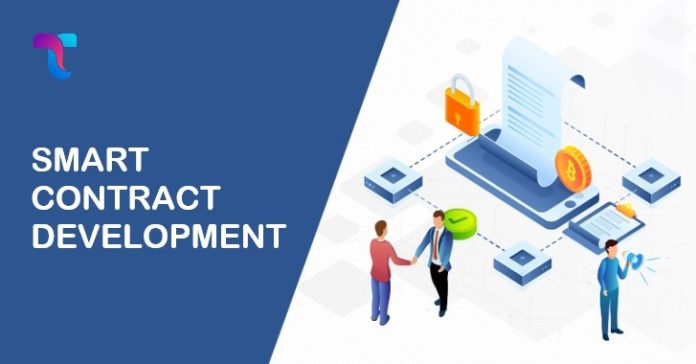Smart contract development is transforming how we think about trust, automation, and decentralization. These self-executing, blockchain-based programs are revolutionizing industries by enabling secure, transparent, and intermediary-free transactions. From powering decentralized finance (DeFi) platforms to creating NFT marketplaces, smart contracts are the backbone of the blockchain ecosystem. If you’re new to this space, this guide will walk you through the essentials of smart contract development and how to get started.
Understanding Smart Contracts
At their core, smart contracts are coded agreements that automatically execute when specific conditions are met. Stored on a blockchain like Ethereum or Polygon, they’re immutable, meaning no one can alter them once deployed. This ensures trust and transparency, as all parties can verify the code and outcomes. For example, a smart contract for a crowdfunding platform can automatically release funds to a project once it hits a funding goal, eliminating the need for a middleman.
Why Dive into Smart Contract Development?
The demand for smart contract developers is soaring as businesses adopt blockchain for everything from supply chain tracking to digital collectibles. Learning to build smart contracts opens up lucrative career opportunities and lets you contribute to cutting-edge technologies. Plus, with platforms like Ethereum, Solana, and Cardano offering robust ecosystems, there’s no shortage of tools to help you succeed.
Steps to Start Developing Smart Contracts
- Grasp Blockchain Fundamentals: Before coding, understand how blockchains function—decentralization, cryptographic security, and consensus protocols. Ethereum’s documentation or online courses are great starting points.
- Pick a Programming Language: Solidity is the go-to language for Ethereum-based smart contracts due to its simplicity and widespread use. If you’re exploring other blockchains, consider Rust for Solana or Plutus for Cardano. Each has unique strengths, so choose based on your target platform.
- Set Up Your Toolkit: Use development environments like Remix IDE for quick prototyping or Truffle for comprehensive workflows. Install a wallet like MetaMask to interact with blockchains, and experiment on testnets like Goerli to avoid real-world costs during development.
- Code Your First Contract: Start with something simple, like a contract for storing data or transferring tokens. Focus on writing clean, secure code to avoid vulnerabilities like overflow errors. Test your contract thoroughly using frameworks like Mocha or Hardhat’s testing suite.
- Audit and Deploy Securely: Smart contract errors can lead to significant losses, as seen in past DeFi exploits. Use auditing tools like MythX or leverage libraries like OpenZeppelin for battle-tested code. Once confident, deploy your contract to a mainnet using tools like Hardhat or Remix.
Tips for Success
- Prioritize Security: Follow best practices like input validation and gas optimization to prevent attacks.
- Leverage Community Resources: Explore forums, GitHub repositories for tips and updates from the blockchain community.
- Stay Curious: Blockchain is a fast-moving field. Keep learning about upgrades like Ethereum’s sharding or layer-2 solutions to stay relevant.
The Road Ahead
Smart contract development is more than coding—it’s about building trustless systems that redefine industries. As blockchain adoption grows, smart contracts will drive innovations like decentralized governance and automated real estate transactions. By starting now, you’re positioning yourself at the forefront of this digital revolution.

